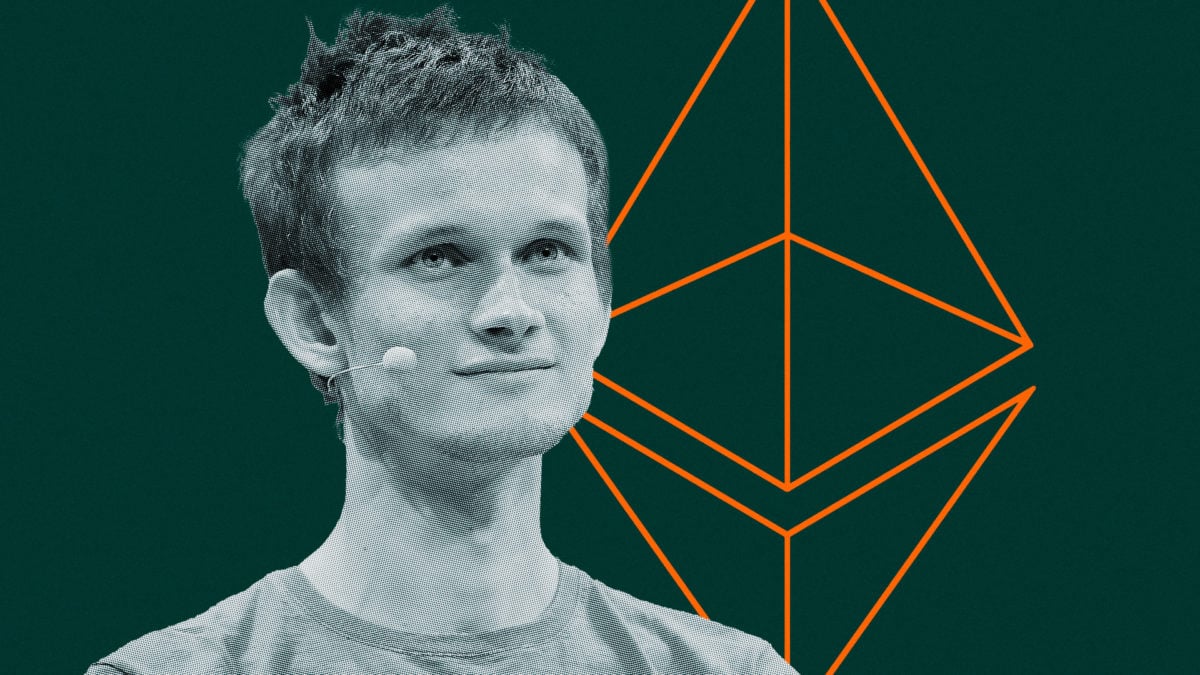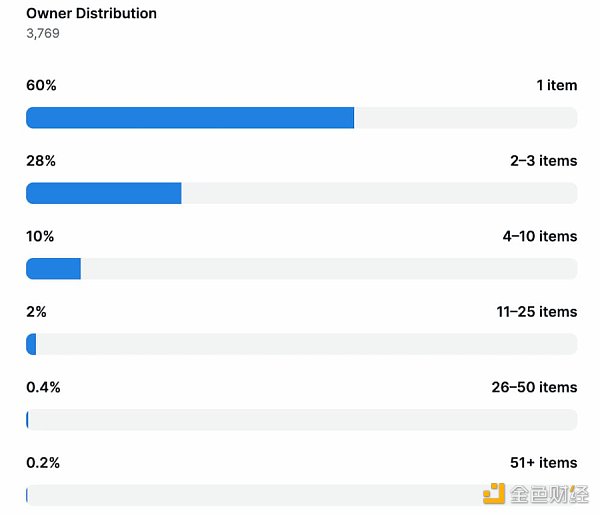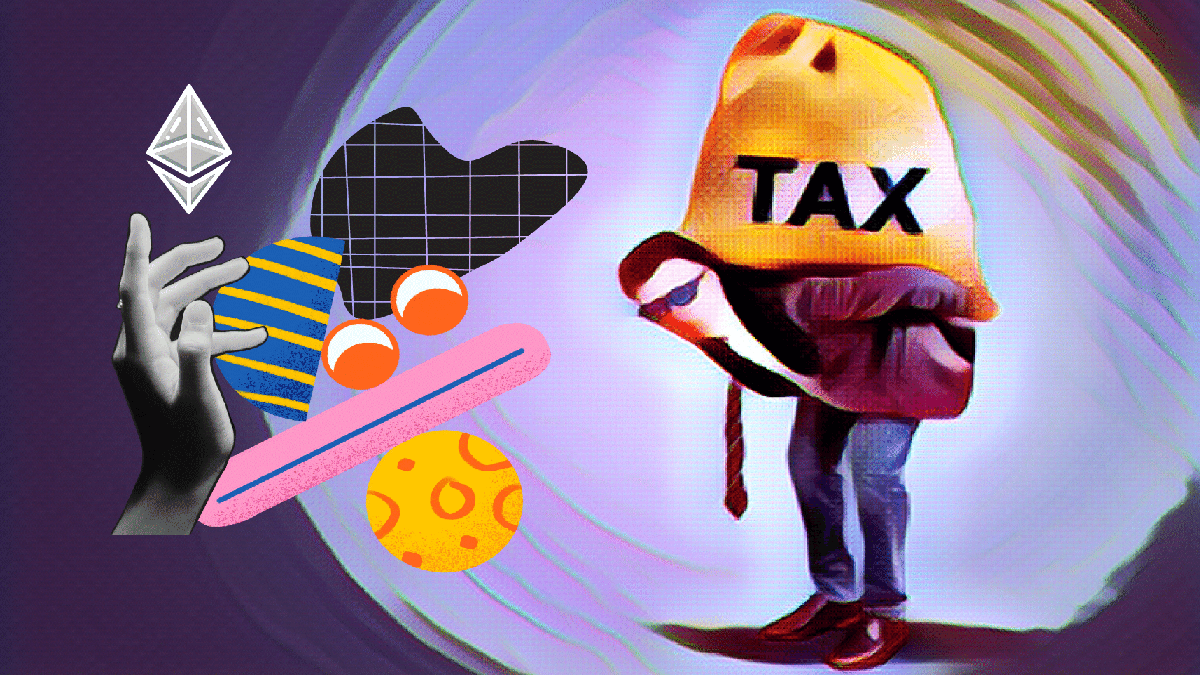friend.tech’s explosion reveals Does the phenomenon-level SocialFi application come from the native encryption or rely on Web3?
Does the phenomenon-level SocialFi application of friend.tech come from native encryption or rely on Web3?Author: LianGuaiAsher Zhang
According to DefiLlama data, friend.tech developers have earned nearly $20 million since its launch in August; as of October 6th, data from the cryptocurrency research institution Messari shows that friend.tech has attracted 300,000 independent users and generates a daily fee income of $320,000 (6 times that of OpenSea). In the face of the strong development of Web3 social applications, what measures have mainstream Web2 social applications taken? How do influential figures in the cryptocurrency market view the collision between Web2 social applications and Web3 social applications?

What are the cryptographic explorations of mainstream Web2 social applications?
Internationally, mainstream Web2 social applications mainly include Telegram, Twitter, Reddit, and Meta-owned platforms such as Facebook, Instagram, WhatsApp, and Messenger. In the face of the development of Web3 social applications, the following mainly summarizes their current development directions.
- Hainan issues a red-headed document to cut across to NFT digital collections.
- Viewpoint First Principles Thinking in the Blockchain Industry
- What is the finality of blockchain and why is it important?
Telegram collaborates with Ton to make the underlying infrastructure Web3. Ton was originally a blockchain project developed by Telegram and has been dormant for several years after being blocked by the SEC. Currently, Telegram has once again partnered with Ton. Telegram officially recognizes the TON network as its preferred Web3 infrastructure blockchain. As part of this recognition, Telegram will integrate TON into its user interface and exclusively promote it within the application. In addition, projects developed on the TON blockchain will have priority access to Telegram Ads (the application’s advertising platform). Telegram’s Chief Investment Officer, John Hyman, stated that in the future, TON will continue to operate as an independent decentralized organization, and Telegram will continue to focus on providing instant messaging platforms. Judging from its application ecosystem, Telegram hopes to develop into a super app similar to WeChat. In addition, it is worth noting that Telegram Bot has developed rapidly this year, which has greatly reduced the entry barrier for Web2 users to enter Web3.
Twitter has open-sourced its code, but blockchain integration is unlikely in the short term. Twitter founder Dorsey is a cryptocurrency enthusiast, and Twitter is also a very important blockchain social platform. Since Musk acquired Twitter, he has made a lot of efforts to promote Twitter as a mainstream Web3 social application, among which the most important one is Musk’s open sourcing of the Twitter algorithm. In addition, in November 2022, Twitter tested a new feature that supports users to display and trade NFTs in tweets. However, regarding the future development path of Twitter, Musk believes that a blockchain Twitter is impossible because a peer-to-peer network cannot support such high bandwidth and latency requirements. In May 2022, when Musk was chatting with other tech giants on the All-In podcast, he stated that WeChat is a good example for Twitter’s future development. Based on some of Musk’s moves, although Twitter will not have underlying blockchain integration, it is still very likely to eventually launch financial transactions with digital currency.
Facebook’s journey into cryptocurrencies has been quite “radical”, as it once attempted to give social applications financial attributes. In 2019, Facebook proposed a stablecoin called Libra, initially backed by a basket of low-volatility assets denominated in four fiat currencies: the US dollar, British pound, euro, and Japanese yen. However, Libra was eventually opposed by multiple countries and had to be put on hold. Subsequently, Facebook embraced the metaverse and changed its company name to Meta. In August 2022, Meta announced support for displaying NFTs on Facebook, allowing users to connect their personal digital wallets to the app to showcase all their NFT holdings. Meta also opened up the functionality for a small number of creators and collectors to share their NFT holdings on Instagram.
Reddit has been involved in the cryptocurrency market for a long time, and Reddit NFT has attracted a lot of attention. Reddit is a social website that combines news, content rating, and discussions. It has a very large scale and has 430 million monthly active users. Since 2013, Reddit has accepted cryptocurrency payments. In late 2019, it first introduced community points based on Ethereum and later chose to use the second-layer scaling solution Arbitrum to expand community points. In June 2021, Reddit briefly sold four NFT collections. Since the launch of Reddit NFT in July 2022, Reddit has nearly 10 million users holding its collectible avatars (NFTs).
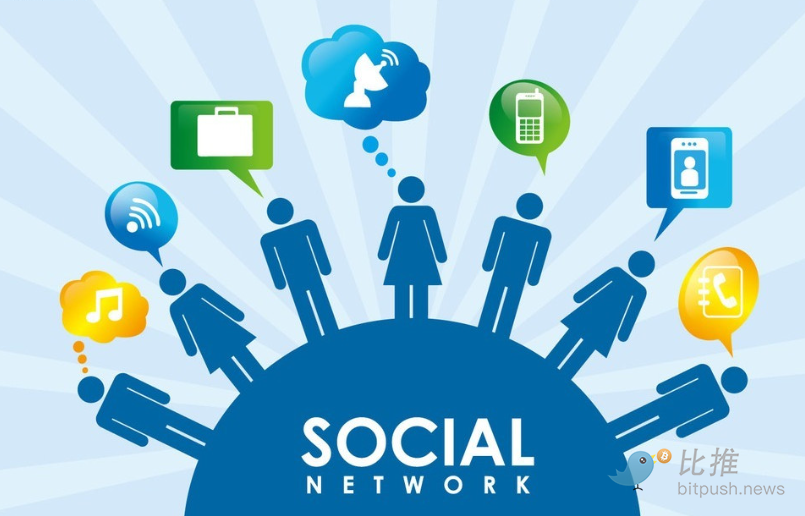
What are the development bottlenecks of Web2 social platforms? How does Web3 offer opportunities?
From the above introduction, it can be seen that in the face of the arrival of the Web3 era, mainstream Web2 applications are not oblivious. In fact, they are also actively exploring, but regulatory issues have become the main obstacle.
In 2017, Telegram developed a blockchain platform called Telegram Open Network (TON), but in 2019, the U.S. Securities and Exchange Commission (SEC) accused Telegram of issuing Gram without registering with it, violating the U.S. Securities Act, and prohibiting Telegram from issuing Gram globally and even circulating the currency globally.
On June 18, 2019, Facebook released the Libra whitepaper. On July 17, the U.S. House Financial Services Committee held a hearing on Facebook’s virtual currency. On September 13, the French Ministry of Finance stated that France and Germany had agreed to resist Facebook’s Libra cryptocurrency. On October 5, LianGuaiyLianGuail announced that it would not participate in Facebook’s Libra cryptocurrency. In October, five EU countries led by France joined forces to resist Libra’s entry into the European market. Facebook eventually had to shelve the Libra project.
The blockchain technology and industry are still in the early stages of development, and uncertain risks have become the main concerns of governments around the world. According to LianGuai’s report, some officials from the U.S. Treasury Department previously believed that Facebook’s stablecoin project could undermine the stability of the financial system. Although Diem is formally independent, its association with Facebook has intensified the risk because Facebook has billions of users worldwide. Government officials are concerned that if the value of Diem plummets, its influence could spread, posing a threat to the broader economy.
Overall, due to their large scale, Web2 social applications have to act cautiously because governments consider potential unknown risks. Currently, NFTs and the metaverse are relatively acceptable blockchain areas for governments, and major mainstream Web2 social applications have also actively supported them. For Web3 social applications, due to their initially smaller scale, governments tend to be more tolerant, which has led to less government regulation in the early stages of Web3 social applications. From the current development perspective, mainstream Web3 social applications seem to have a higher probability of success relying on Web2 social platforms, such as Telegram Bot, friend tech, etc.
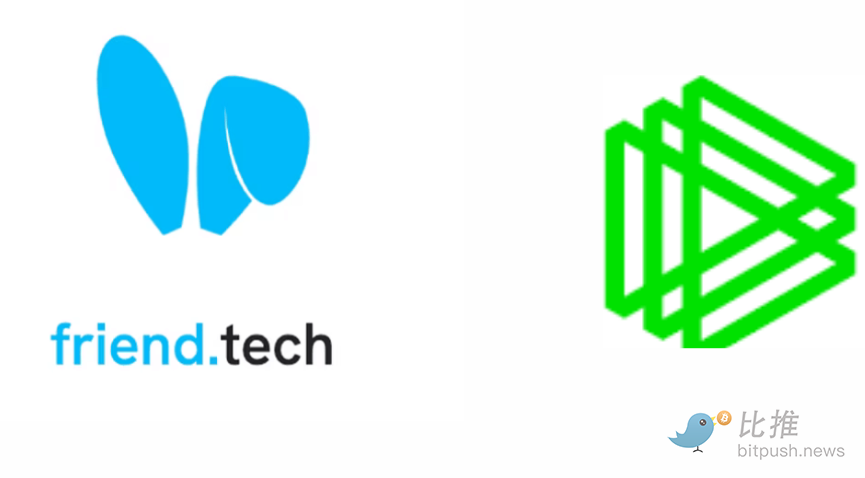
How do crypto influencers view the development of Web2 and Web3 social applications?
How will Web3 social applications develop in the future? There is currently no clear path, but we have compiled some views from crypto influencers for readers’ reference.
Chris Dixon, the founder of a16z, emphasizes the decentralization of Web3 and the importance of user ownership of data. He believes that Web3 social applications will focus more on user privacy and rights, giving users better control over their data. Balaji Srinivasan, former CTO of Coinbase, believes that future social networks may be built on the blockchain, empowering users with more power and economic incentives.
In a previous article by Binance Research, it was stated that compared to Web2, the core of Web3 social is to provide three main unique utility functions: firstly, asset creation and shared ownership; secondly, open data and identity, with data and credentials accumulated on the chain shared throughout the ecosystem; thirdly, a composable ecosystem. Currently, Web3 social cannot compete directly with Web2 social in terms of user experience. To succeed, it needs to provide unique and innovative functionalities. Areas of innovation worth paying attention to in the future include mobile applications, native crypto innovation, and integration with existing scenarios in Web3.
Fred Wilson, founder of Union Square Ventures, believes that blockchain technology will change the nature of social media. He emphasizes the role of decentralization and user incentives, predicting that new types of social media platforms will incentivize user participation and content contribution through crypto economics. Mark Cuban, a well-known American investor, believes that decentralized social media platforms will bring significant changes to user data privacy and ownership, which will be an exciting development direction.
We will continue to update Blocking; if you have any questions or suggestions, please contact us!
Was this article helpful?
93 out of 132 found this helpful
Related articles
- From the Internet to Blockchain Tracing the History of Trust and Verification
- Starting from LayerZero and Google Cloud, should cross-chain rely on oracle or ZK?
- Blockchain Game Expert Expectations for the Remaining Time of 2023
- Meng Yan Reflection on the Blockchain Industry in the Past Decade How to Generate and Spread Trust Without Relying on Authority?
- Overview of the current situation of cryptocurrencies in the Middle East and North Africa
- Multicoin leading investment, gathering of experts, what is the magic of the first fully homomorphic encrypted blockchain developed by Fhenix?
- Overview of Ethereum distribution with a total circulation of over 120 million.


